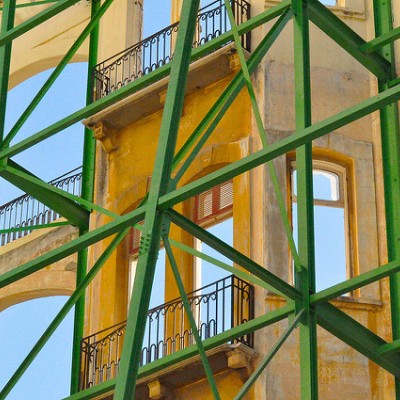
Strengthening European Identity through Education and Culture
On 17 November European leaders met in Gothenburg to discuss the future role of education and culture in strengthening a shared European identity and sustaining the diversity and richness of the European Union. This informal meeting took place in the framework of the European Summit for fair jobs and growth.
The European Commission has contributed to this meeting with the communication “Strengthening European Identity through Education and Culture”, which lays out the Commission’s vision on the role of culture and education in the future of the EU and contains few policy suggestions to EU leaders.
While the largest part of the Communication is dedicated to education, a few key points concerning culture can be put forward.
Culture is seen as a tool for strengthening the European identity: “While it is hard to measure achievements in terms of culture or identity, cultural activities contribute to improving people's experience, to knowing each other better and to understand what it means to be European.”
Reading the communication, one may assume that instead of or alongside with the current focus on jobs & growth, “European values", “European identity” and “cultural diplomacy” will be the new mission for culture in the future. According to the Commission, “a new EU funding programme could promote EU values, support Europe’s culture and creative sectors, and strengthen the EU’s cultural diplomacy.”
A few ambitious proposals are made in regard to the education field, such as creating a European Education Area and doubling the budget for Erasmus+ for the period of 2021-2027. As for culture, the Commission stresses the necessity to strengthen the financing capacity of the Creative and Cultural Sectors Guarantee Facility by 2020. It also suggests that the new European Agenda for Culture promotes culture and cultural diversity in all EU policies.
IETM has signed the statement issued together with other 35 members of the European Alliance for Culture and the Arts. We welcome the attention paid by heads of states and government to the importance of
education and culture. We call on the Commission and the Council to involve stakeholders from the cultural field and discuss policy suggestions and concrete initiatives put forward in the paper. We also call on the Council to take an ambitious approach in the area of culture, ahead of the European Council on 14-15 December 2017.
Read the full statement of the European Alliance for Culture and the Arts.

